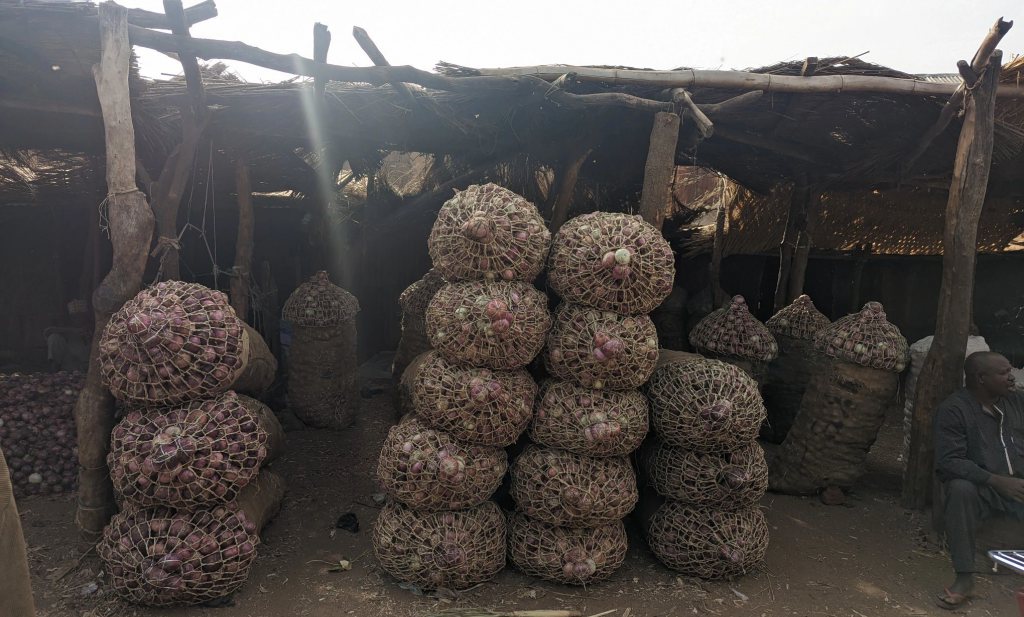Food security is a journey that no nation achieves overnight. This is because it requires consented efforts of many independent but key stakeholders coming together to have a common goal and to become dependent on one another.
Achieving food security comes with building an efficient food system that can withstand both internal and external shocks. Therefore, we need to address the issues within our food system holistically as a single unit rather than seeing it as independent components that need to be addressed separately.
For instance, the issues of climate change have a ripple effect on the quality and quantity of produce at the farm level, and likewise government policies have an impact on the resilience of the food system. Therefore to address these issues, one needs to involve all the stakeholders to have a better understanding of all these challenges and address it as a whole and adopt the agriculture value chain approach to proffer solutions. This will give better results. Also, we cannot address the issues of the food system with a one-off solution. Every new policy has its effects on the people and the system, and the food system is not immune to this reality. Therefore, there is a need to develop proactive measures rather than the usual reactive measures that will address the changing needs of the food system, especially the local food system.
Therefore, having a strong and efficient food system starts from having committed stakeholders that are ready to build a lasting system that can weather the storm at all times. It requires having the appropriate technical and social knowledge and the political will to keep food at the forefront as our most basic need and therefore every citizen has a legal right to access food at all times and at the right quantity. So, we cannot leave our food system to fate because fate cannot recognize our needs but with concerted and intentional efforts, we can collaborate and build a system that can outlive our current challenges. Beyond the talk, let's put in the action today. It is possible and we will achieve it in our lifetime.
Yours-in-Service
Babatunde
For instance, the issues of climate change have a ripple effect on the quality and quantity of produce at the farm level, and likewise government policies have an impact on the resilience of the food system. Therefore to address these issues, one needs to involve all the stakeholders to have a better understanding of all these challenges and address it as a whole and adopt the agriculture value chain approach to proffer solutions. This will give better results. Also, we cannot address the issues of the food system with a one-off solution. Every new policy has its effects on the people and the system, and the food system is not immune to this reality. Therefore, there is a need to develop proactive measures rather than the usual reactive measures that will address the changing needs of the food system, especially the local food system.
Therefore, having a strong and efficient food system starts from having committed stakeholders that are ready to build a lasting system that can weather the storm at all times. It requires having the appropriate technical and social knowledge and the political will to keep food at the forefront as our most basic need and therefore every citizen has a legal right to access food at all times and at the right quantity. So, we cannot leave our food system to fate because fate cannot recognize our needs but with concerted and intentional efforts, we can collaborate and build a system that can outlive our current challenges. Beyond the talk, let's put in the action today. It is possible and we will achieve it in our lifetime.
Yours-in-Service
Babatunde
Related



